Retro Replay Review
Gameplay
Phoenix Fire puts you in control of a virtual spirit board, blending intuitive mouse controls with an eerie atmosphere. You click and drag the planchette across the board, asking questions that the on-screen cursor answers by spelling out words letter by letter. The core loop is simple but addictive: pose a query, wait for the letters to appear, and then review and edit the session log for clarity. Occasional random “glitches” in the cursor’s path keep you guessing whether it’s your subconscious at play or something beyond normal explanation.
(HEY YOU!! We hope you enjoy! We try not to run ads. So basically, this is a very expensive hobby running this site. Please consider joining us for updates, forums, and more. Network w/ us to make some cash or friends while retro gaming, and you can win some free retro games for posting. Okay, carry on 👍)
Customization allows you to tailor each session’s difficulty and style. You can adjust the “skepticism level” to filter out nonsensical responses, choose from a variety of board designs—ranging from classic wood grain to neon-futuristic—or even upload your own background art. These options give Phoenix Fire a sandbox quality, encouraging experimentation with different aesthetics and response filters.
Replayability is surprisingly high. Each session can lead to unexpected phrases or patterns that prompt more questions, turning a single playthrough into a self-guided mystery hunt. The “session editor” feature, which logs every movement and response, helps you catalog memorable moments. You can export these logs, share them with friends, or revisit them later to uncover hidden messages you might have missed in real time.
Graphics
Visually, Phoenix Fire strikes a balance between the nostalgic charm of early PC occult simulators and modern polish. The spirit board textures are richly detailed, with realistic grain, subtle beveling, and responsive lighting that follows your cursor’s movements. Ambient shadows and soft spotlights create a moody environment that feels like a séance in your own room.
The user interface is clean and unobtrusive. Menus slide in smoothly, buttons glow with a faint spectral hue, and transitions between question prompts and letter spells are accompanied by subtle fades. Even the loading screens feature thematic illustrations of ancient grimoires, offering lore snippets to enhance immersion while waiting for the next session to start.
Although Phoenix Fire isn’t pushing real-time 3D graphics, its 2D artistry is top-notch. Backgrounds—ranging from candlelit parlors to modern, minimalist apartments—are hand-painted with rich color palettes and dynamic lighting effects. The cursor itself leaves a faint trail, giving the illusion of ethereal energy following your every move.
Story
Phoenix Fire doesn’t unfold a traditional narrative but instead encourages players to create their own ghost stories. Each question-and-answer session becomes a chapter in a personalized paranormal investigation. The lack of a fixed storyline might feel unconventional, but it leaves room for your imagination to fill in the gaps.
Throughout the game, subtle ambient audio cues—creaking floorboards, distant whispers, and occasional thunderclaps—hint at a broader supernatural framework. You’re never told explicitly whether the spirits are real, but the writing in the session prompts and log entries suggests a hidden network of arcane knowledge just waiting to be deciphered.
The optional “Discovery Mode” offers bite-sized lore entries on classic spirit board myths and historic séance accounts, providing context for your own in-game experiences. These short texts, unlocked by completing certain types of queries, imbue the game with a sense of progression and reward curiosity, nudging you to delve deeper into the paranormal undercurrent.
Overall Experience
Phoenix Fire delivers a unique blend of curiosity, tension, and low-stakes exploration. It’s less a game in the traditional sense and more an interactive toy for those fascinated by the occult, psychics, or the power of suggestion. Despite its minimalist mechanics, it manages to sustain intrigue through unpredictability and player-driven narrative.
The learning curve is gentle—most players will feel comfortable after a single tutorial session—but mastery comes from refining question phrasing and experimenting with board settings. While there’s no “win” condition, the joy lies in uncovering surprising sequences of letters or crafting elaborate stories from seemingly random outputs.
Technical performance is solid, with near-instant load times and minimal bugs reported. The developer’s post-launch support has introduced seasonal board themes and additional ambient tracks, showing a commitment to expanding the experience. Whether you’re hosting a digital séance with friends or exploring solo, Phoenix Fire offers a compelling blend of creativity and supernatural suspense.
 Retro Replay Retro Replay gaming reviews, news, emulation, geek stuff and more!
Retro Replay Retro Replay gaming reviews, news, emulation, geek stuff and more!
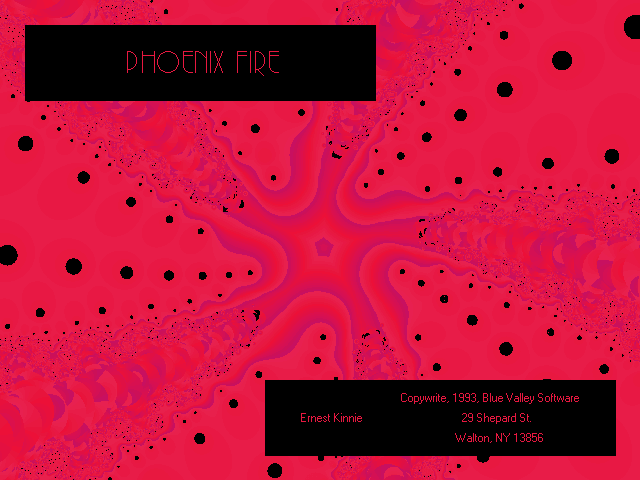

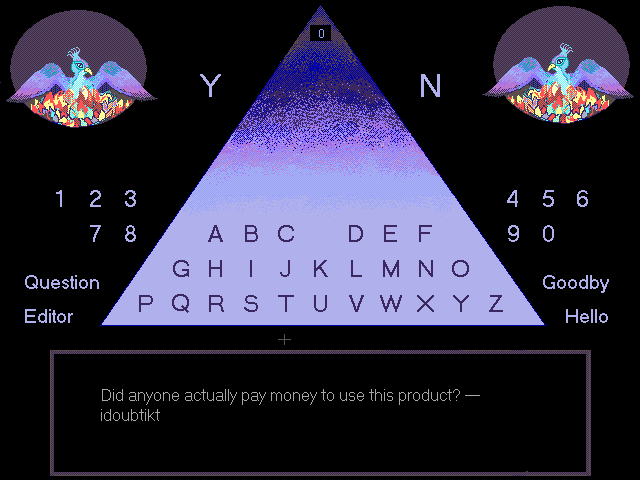
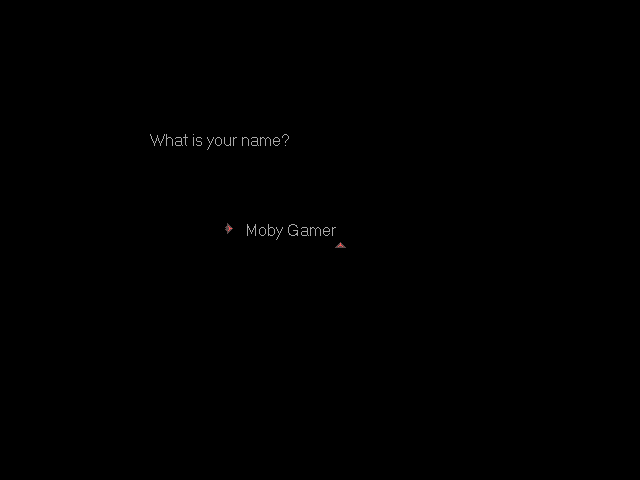
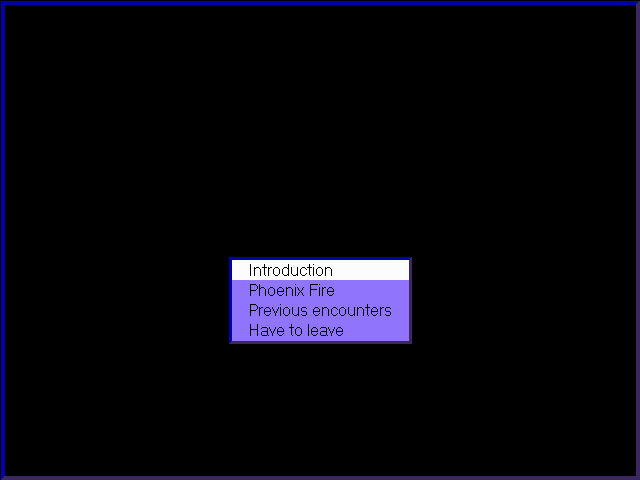
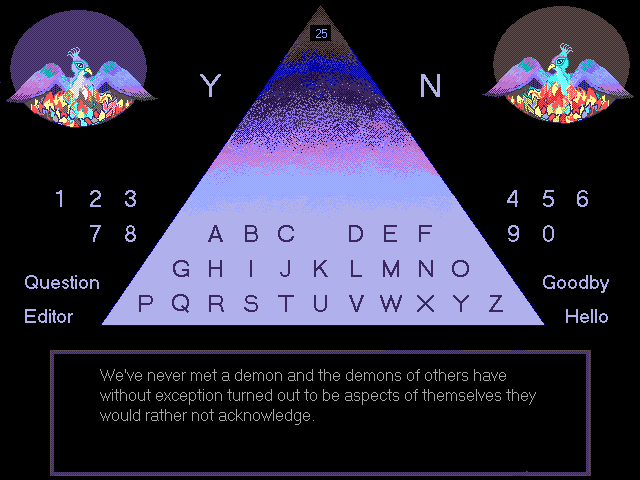

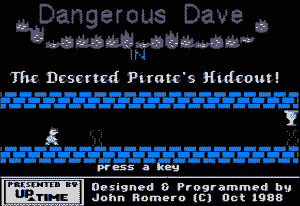

Reviews
There are no reviews yet.